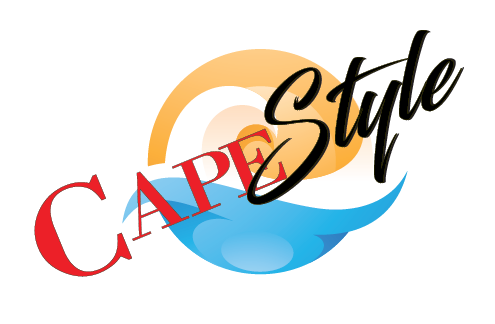Authority and power are important actors that permeate political, social and economic interactions. Authority, as defined by academics, is the right or privilege to tell someone what to do. We expect people in authority to provide moral, ethical or legal direction because of the authority entrusted to them. Authority can be simply characterized as being descriptive of a relationship between various individuals. Thus, we can suggest that authority is neutral and the positive or negative perceptions individuals experience are related to the unique personalities associated within the relationship interactions. Followers of people with authority identify these unique personalities by their openness and delivery of a perceived state, where the leader either utilizes too little or too much control.
We define power as the ability to influence others through individual capacities or abilities. Power can be embedded in social relations and social structures where individuals shape the power relationships. In other words, the ability for an individual to have power over another must be bestowed by the individual who is being influenced. Thus, we can conclude that power is the capability of individuals to produce intended and foreseen effects on others. History has taught us that like authority, power can be both used negatively, as exploitation, or positively, as control in order to achieve a common or shared goal.
Followers have expectations of leaders. In order to be committed to the mission, vision and values of the leader, a state of ‘trust’ must exist. Generally, ‘trust’ is a fragile condition for leadership. If followers feel that a leader cannot be trusted, followers fade away. Some might suggest that as Americans we have become more tolerant of the misdeeds of our leaders, explaining this phenomenon as more humanizing, while others suggest that when the great societies failed, it was because there was a lessening of moral, ethical or legal standards.
In closing, if a person has the right, claim, or privilege to influence others’ actions, then, in a perfect world, that person should also have the capability or capacity to influence others. In reality when a leader has the authority to lead but does not have the power bestowed on him/her, that leader resorts to the use of rewards or coercive power in an attempt to motivate others towards a goal. When a leader has power, they do not need authority because people are motivated and influenced by the leader’s expert or referent power. When leaders develop expert or referent power, they often rise to positions of authority. When leaders lose the trust of their followers, leaders become powerless.
Professor Mike “Q” Quaintance, MBA, Keiser University – Fort Myers, Business Department Chair



